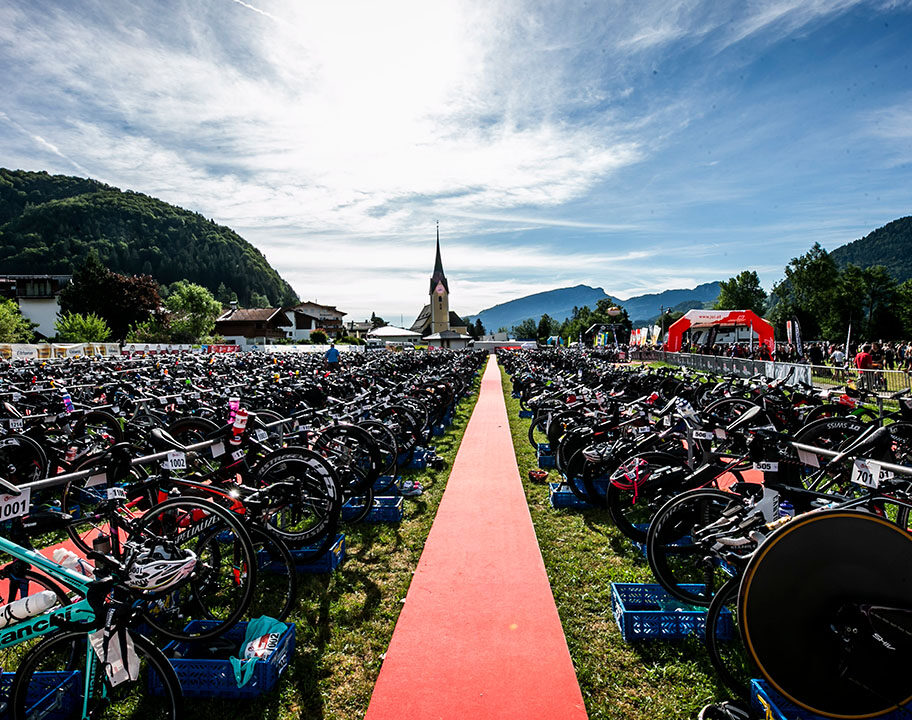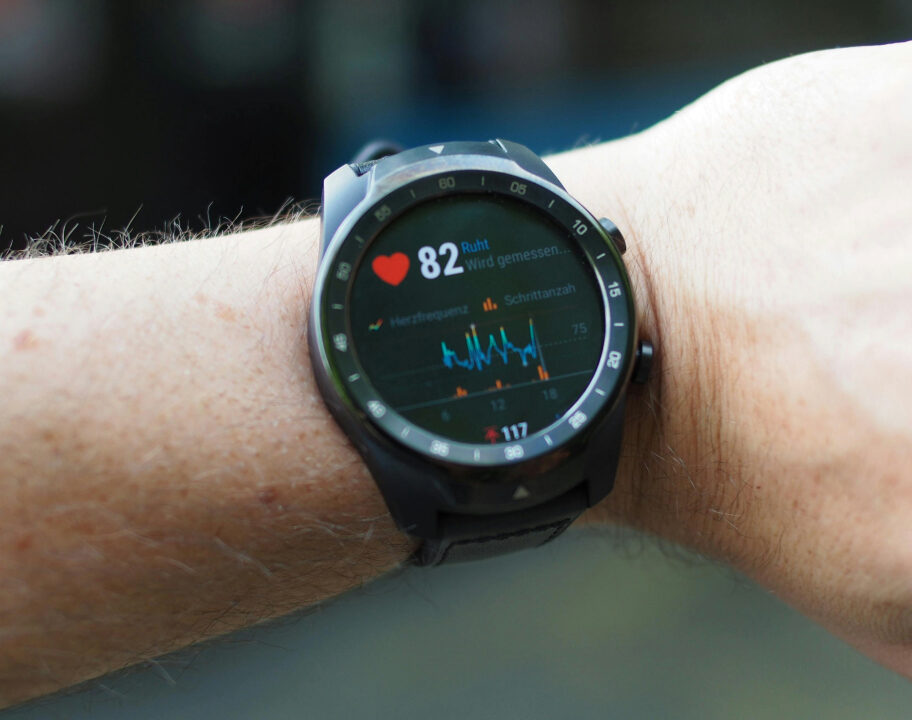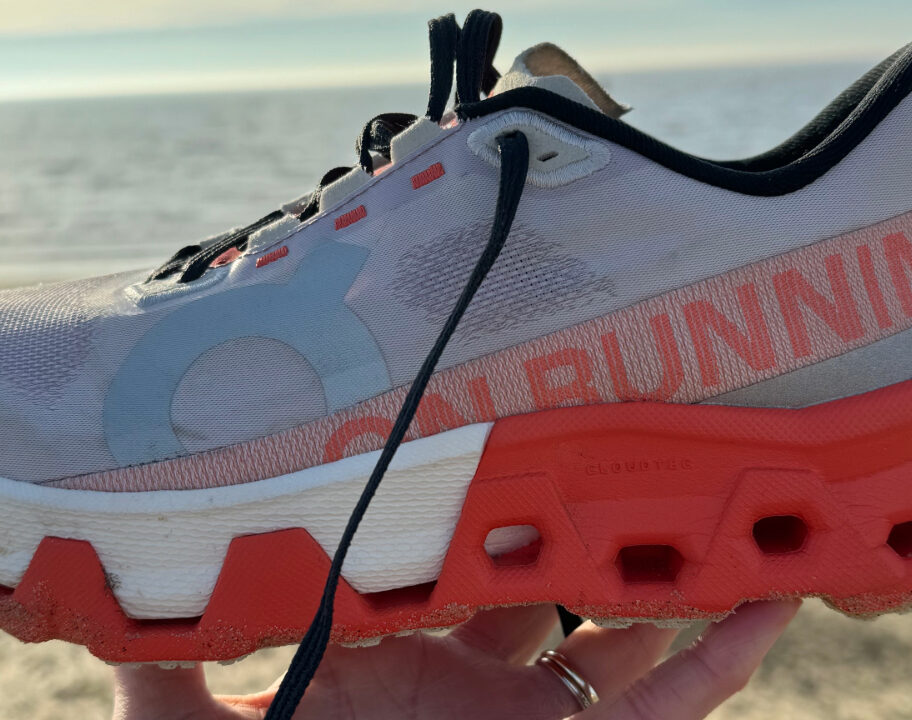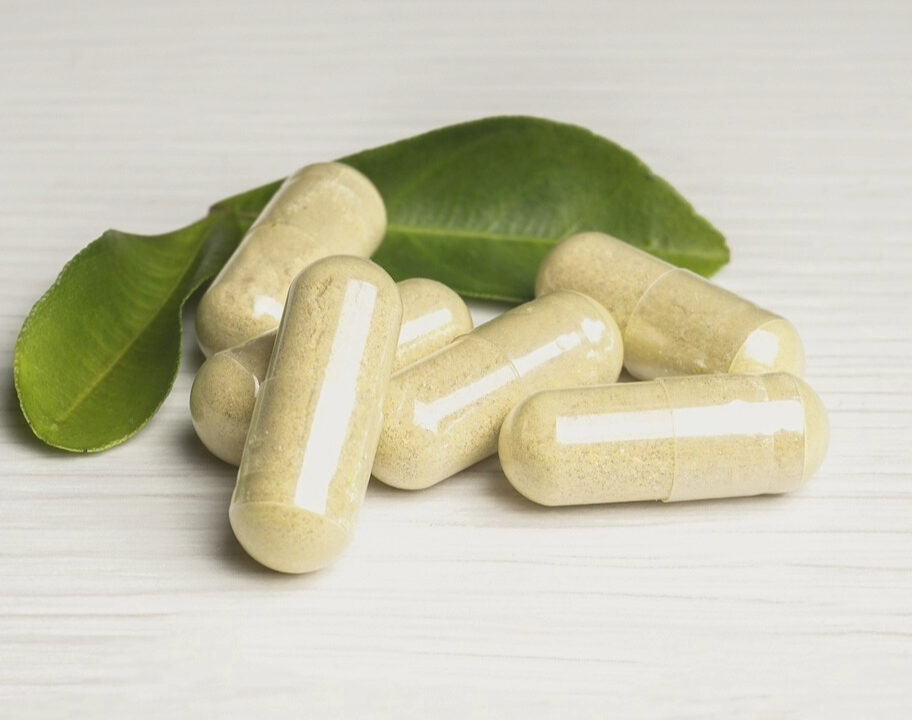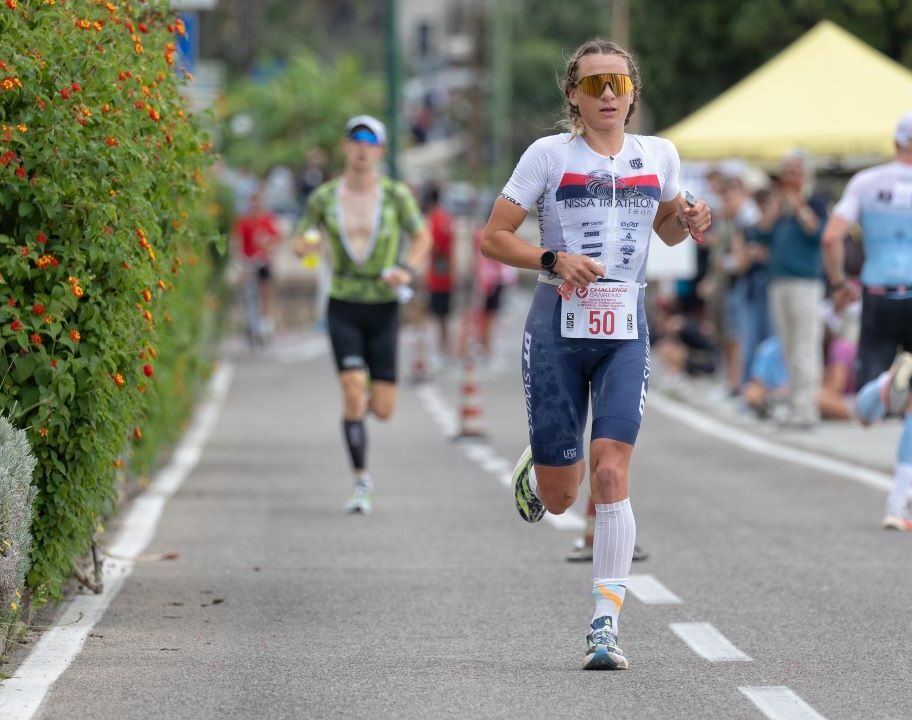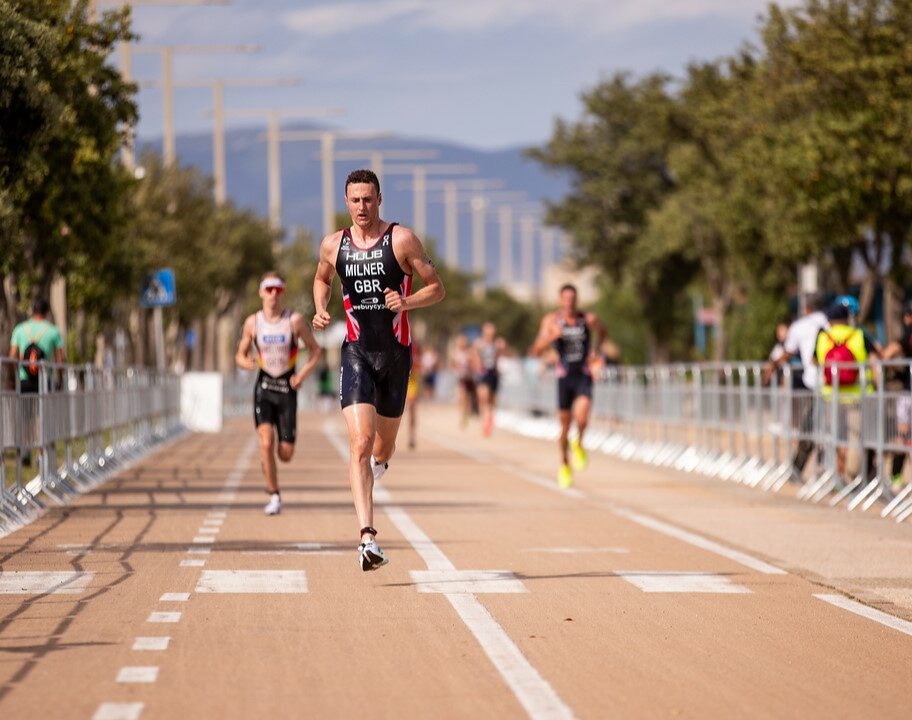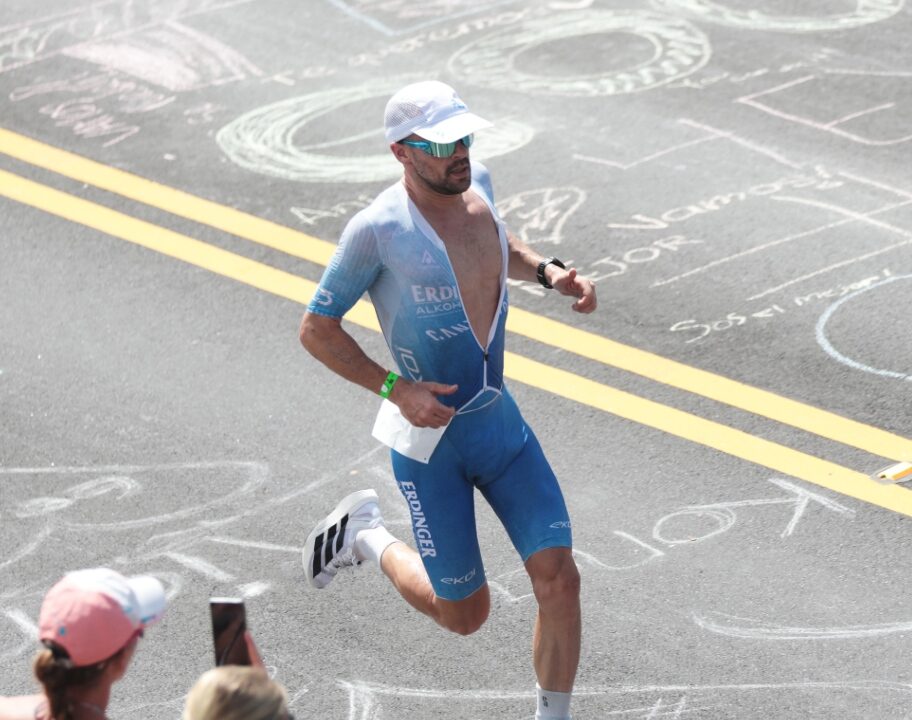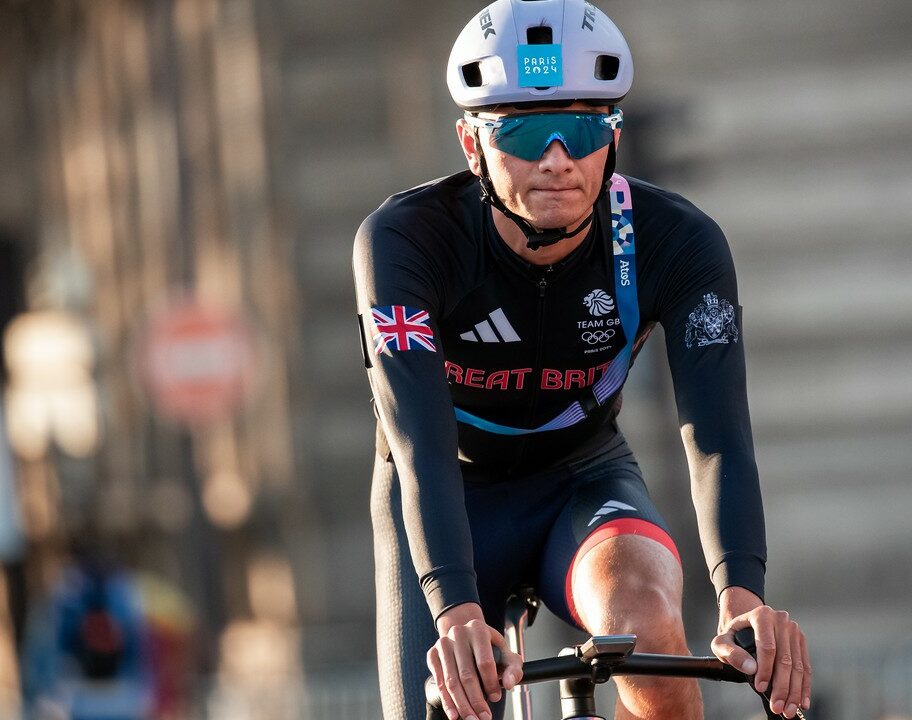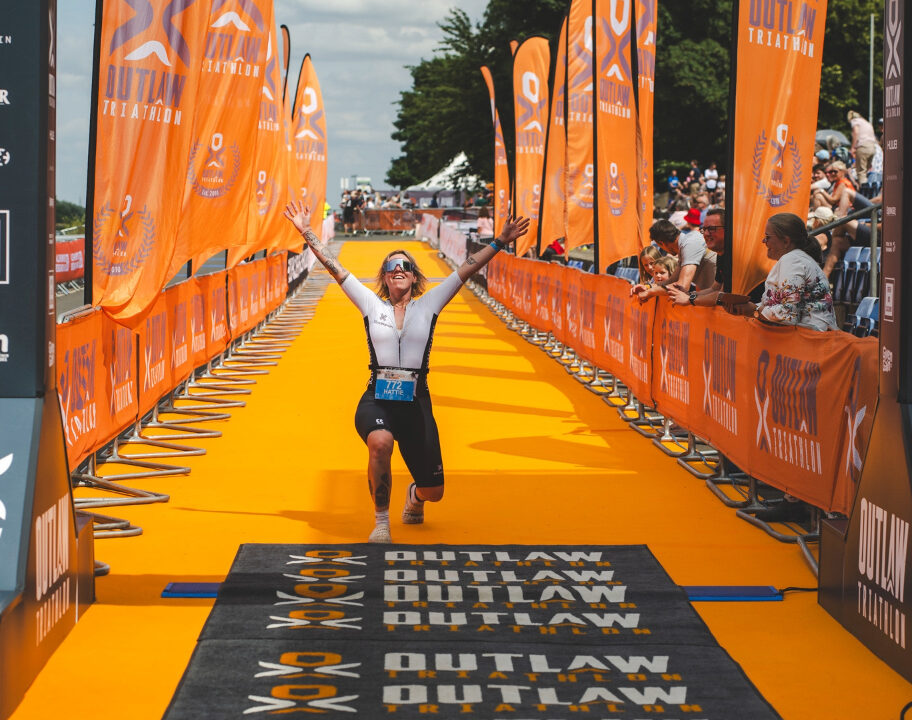After the Collin Chartier doping scandal rocked the entire world of triathlon earlier this year, many started to question how clean the sport was.
Whilst the spotlight on doping has dimmed since the aftermath of Chartier’s confession to using EPO, there have been a number of rumours and accusations and a ban for former short course athlete Yulia Yelistratova.
In a recent episode of the Talking Triathlon podcast, British triathlete Max Stapley address the topic head on, suggesting that the number of people who are doping is greater than many would guess.
“It just doesn’t make sense”
Taking a deep dive into the topic, Stapley said: “I think we are racing a lot more people than we think who are dirty. If you look at some people’s progression, their body types and just their demeanour, the way they race and their career progression, it just doesn’t make sense.
“The fact that the ITA [International Testing Authority] were in Pontevedra and you’ve got Collin [Chartier], do you think he was the only one? He’s not the only one on EPO man, absolutely not, this guy was nowhere near, he won the US Open but got d***** in Kona, he was nowhere in other races.
“I think it’s very, very naive to think… we are comprised of the three biggest doping sports in the world and you put them together and we’re clean? Give me a break.”
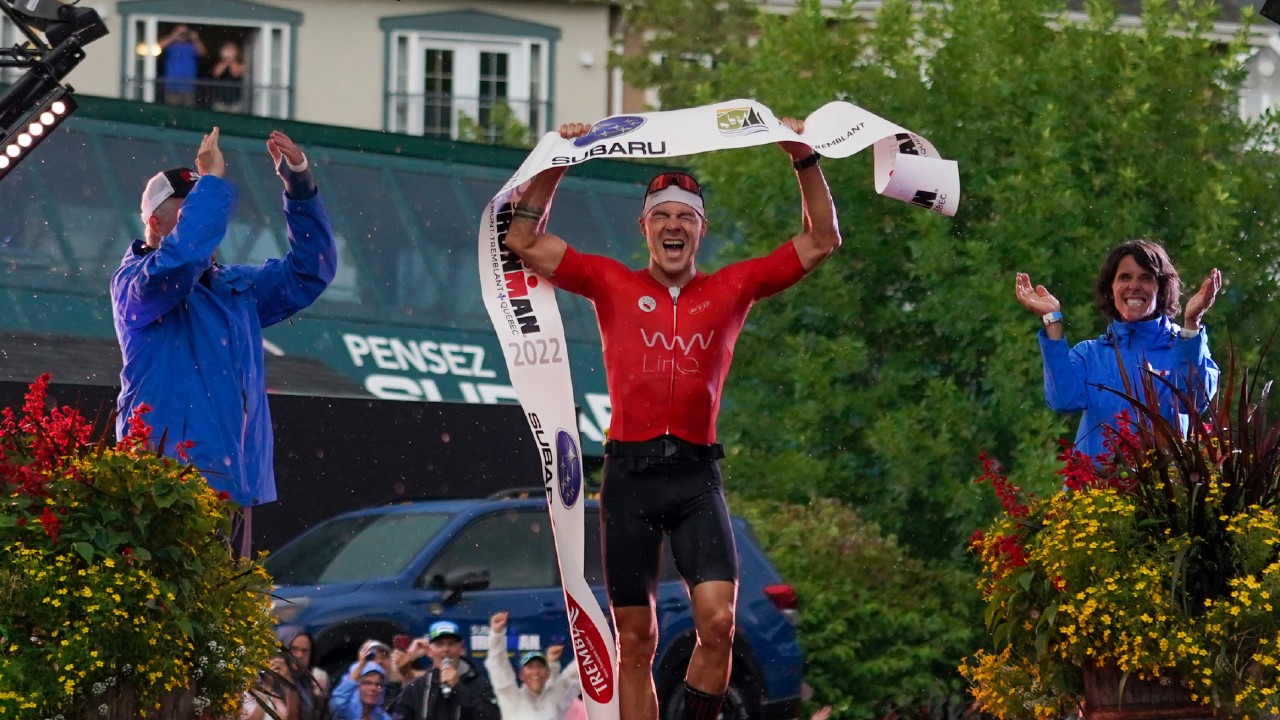
Stapley cited the instances of people manually changing their weight to win virtual cycling competitions during the pandemic as evidence that there are people who will look for shortcuts.
“During Covid-19, we saw people change their weights to win amateur Zwift races. We are racing for, potentially if you do well, a large amount of money, just think about that.”
Time for athletes to step up
Stapley called on his fellow athletes to report their suspicions of any wrongdoing, adding that his determination to win clean was what kept him from losing motivation.
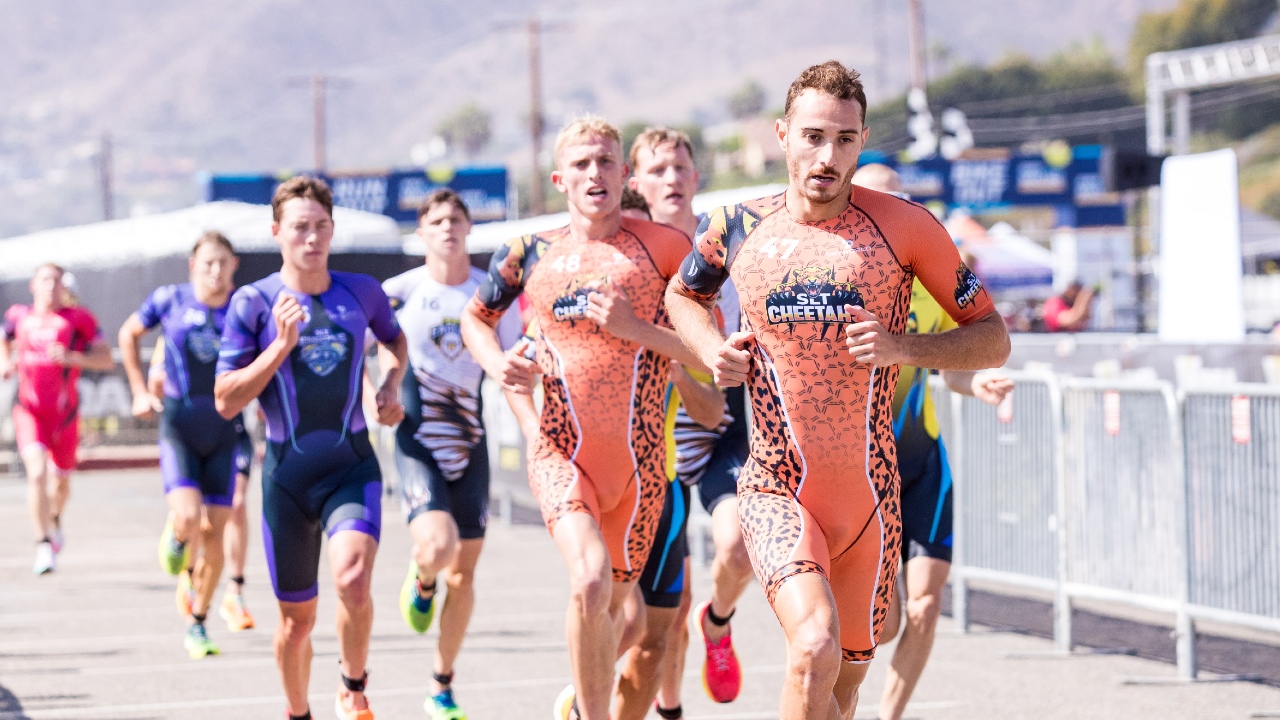
“If you’re thinking about it all the time [doping], you’re going to struggle to get out of bed and be motivated. But for me, the motivation is to show you can do it clean.
“I think the more athletes start saying, look that’s not normal, the more of a positive impact you’ll have on the sport, because if you just bury your head in the sand, what will you achieve?
“When someone has an incredible progression, when they look like the Incredible Hulk at the finish line, with veins popping out of their shoulders having been so skinny a few years ago, if you don’t say these things to the relevant authorities, then I think you’re failing in your duty to other athletes who are clean.”


